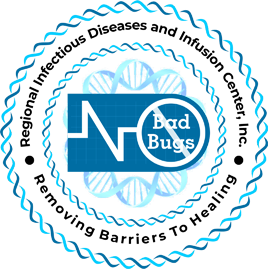
Understanding the Basics of Infection Control and Epidemiology
Epidemiology involves an in-depth examination of infections, tracing their pathways and understanding their propagation among diverse groups. These groups often include vulnerable populations such as hospital patients or residents of nursing homes. The epidemiological studies not only discern the infection rates and patterns but also delve into the factors influencing these infections, contributing to a holistic understanding of their dynamics.
On the other hand, Infection Control is a proactive discipline that is primarily focused on implementing strategies to curb the spread of infections from one person to another. It integrates diverse measures – from basic hand hygiene to complex isolation protocols – all aimed at safeguarding individuals from infectious diseases.
Dr. Ravi Kamepalli, M.D. holds a firm belief that the conventional approach of just treating infections is insufficient. He advocates for a shift in focus towards preventing infections even before they take hold. He perceives the prevention of infection not just as an option, but as a crucial necessity in healthcare.
This approach informs our mission: a thorough identification of disease outbreaks, understanding their potential transmission channels, and then initiating measures to halt the spread at its very source. By eliminating disease transmission, we aim to promote health and well-being among the communities we serve.
